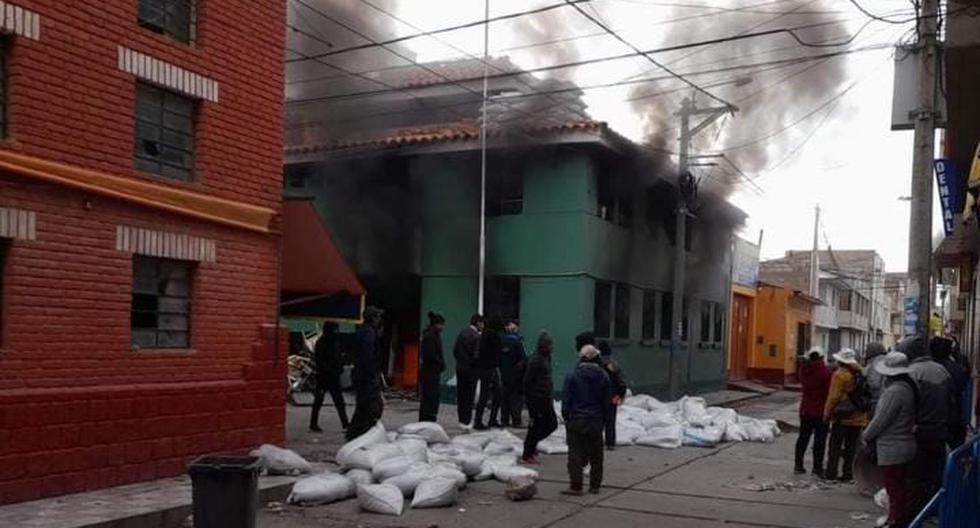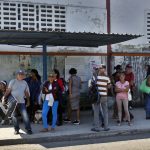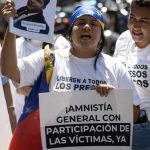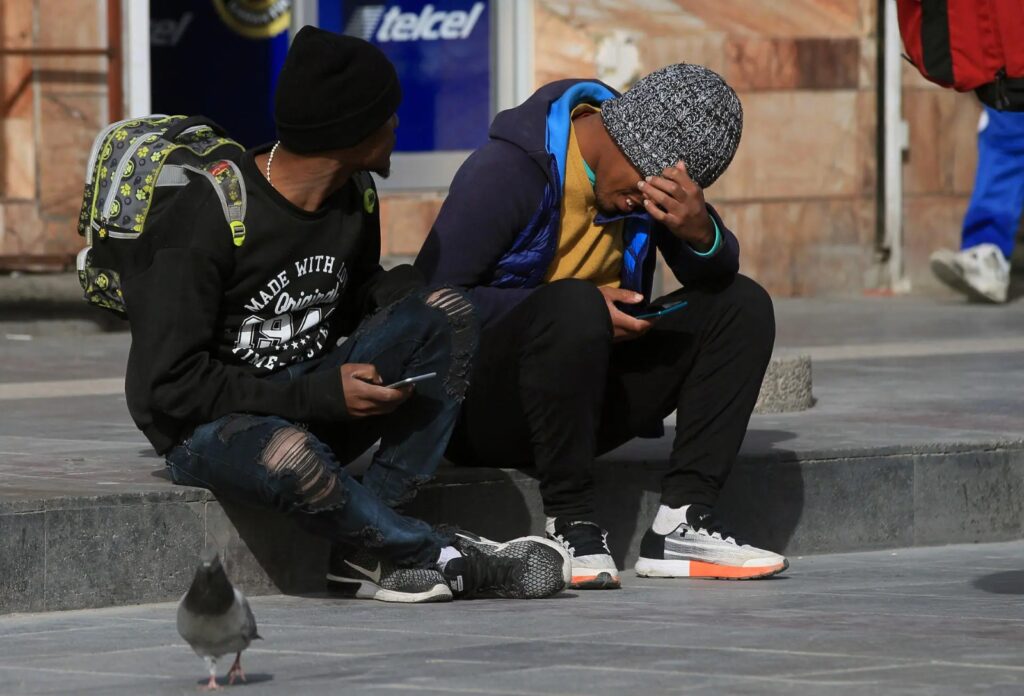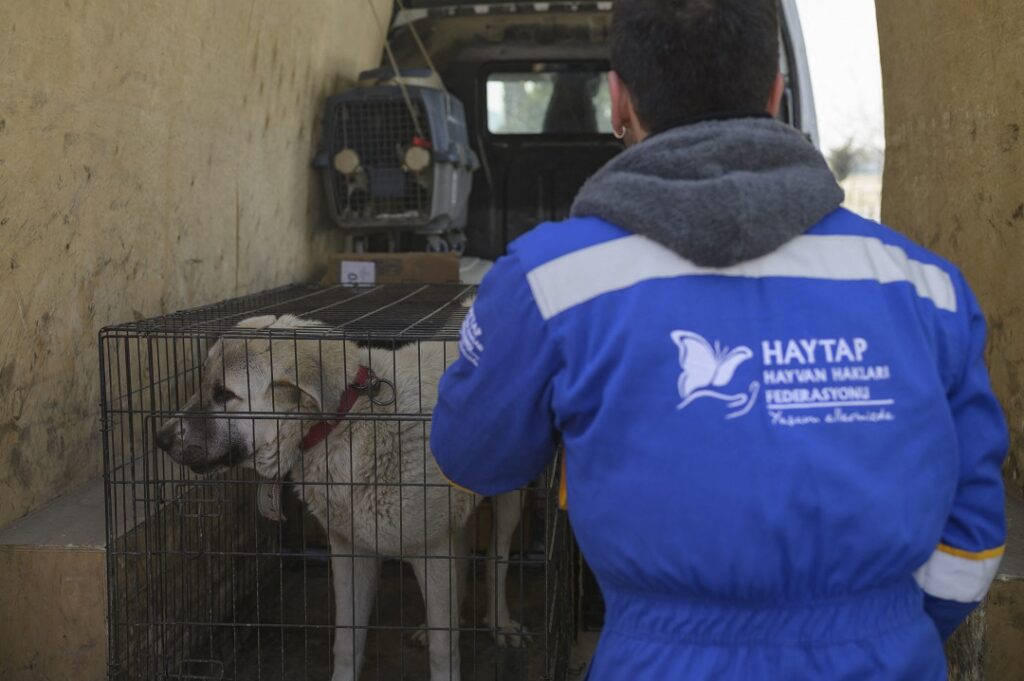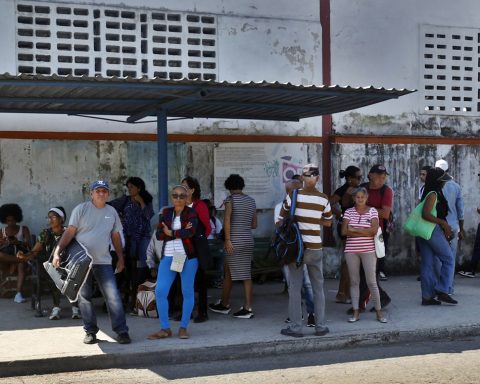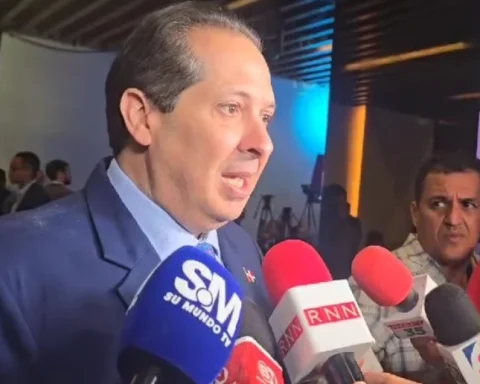Congress has taken the first steps to severely penalize attacks on public and private infrastructure such as those that occurred during the violent marches that occurred after the coup d’état perpetrated by Pedro Castilloon December 7, 2022.
The Avanza País (AvP) and Renovación Popular (RP) benches have presented two projects to update the anti-terrorism law, promulgated in 1992 by the convicted former president Alberto Fujimori, and include as a crime this type of attacks against property, especially against assets that guarantee the safety and well-being of citizens.
The novelty with both proposals is that they seek to punish this type of acts as terrorists, without the need for the person who commits the crime to belong to a terrorist organization, as currently stipulated by the norm.
RP proposes to modify articles 2 and 3 of decree law No. 25475, a law that establishes the penalty for crimes of terrorism and the procedures for investigation, investigation and trial.
In article 2, in which the crime is described, the parliamentary bloc proposes to incorporate “acts against critical national assets, diplomatic headquarters, economic activities of any kind.”
For article 3, dedicated to penalties, it projects that anyone who agrees with another person “or a group dedicated to illicit drug trafficking, with the purpose of obtaining support, help, collaboration or other means, in order to carry out their illegal activities”.
Likewise, that the person who attacks or disturbs the services of an airport, or who destroys and causes damage to an aircraft that is not in service, be sentenced with the same penalty. And if the person is linked to an international terrorist organization, “the penalty will be up to five additional years to the corresponding maximum penalty.”
This bill is already in the Justice Commission of Congress, next to be debated.
For its part, AvP proposes a clearer and more direct modification of article 2 of the decree law, referring to the description of the crime.
From the beginning, it includes “the person or group of people” that “maintains the population in a state of anxiety, alarm or fear”, extending a possible sentence to any individual, regardless of whether they belong to a terrorist organization such as Sendero Luminoso or the MRTA.
In addition, it incorporates as an illegal act the destruction of public and private property, “or against infrastructures that generate shortages of essential resources using weapons, materials or explosive devices.” The proposed sentence is not less than 20 years in prison.
SANCTIONS ATTEMPTS AGAINST LIFE
Next, the bench specified as a crime of terrorism the attack “for political purposes” on the properties of public and private entities, in addition to attacks on the lives of civilians, public servants and law enforcement officers. For these acts, he proposes a penalty of not less than 30 years in prison.
This legislative initiative has been referred to two commissions: Justice and Defense. In the coming days it will be put on the agenda for debate.
The purpose of the bills is to guarantee that the vandalism and criminal acts that took place in Lima and the southern part of the country are not repeated.
Precisely, in a debate organized by Peru21 regarding the updating of the anti-terrorism law, the former head of the Dircote José Baella indicated that it was necessary to make clarifications in the norm to “put the criminal figures and the exact criminal type so that both the Police and the the Prosecutor’s Office have the legal tools they now need”.
ANDThis newspaper reported in January that, since December 2022, 38 National Police headquarters have been attacked or set on fire and 91 public entities and 99 private premises have suffered the same consequences. The terrible death of a policeman in Juliaca, who was burned alive by a group of vandals, was the climax of weeks of uncontrollable violence.
Keep in mind
-According to the Ombudsman’s Office, 49 people died as a result of clashes between demonstrators and law enforcement. One of them is a policeman who was murdered in Puno. In addition, 11 civilians died due to roadblocks.
-Until February 12, there were 1,299 injuries as a result of the violent protests. The total reported injured police officers rose to 580.
